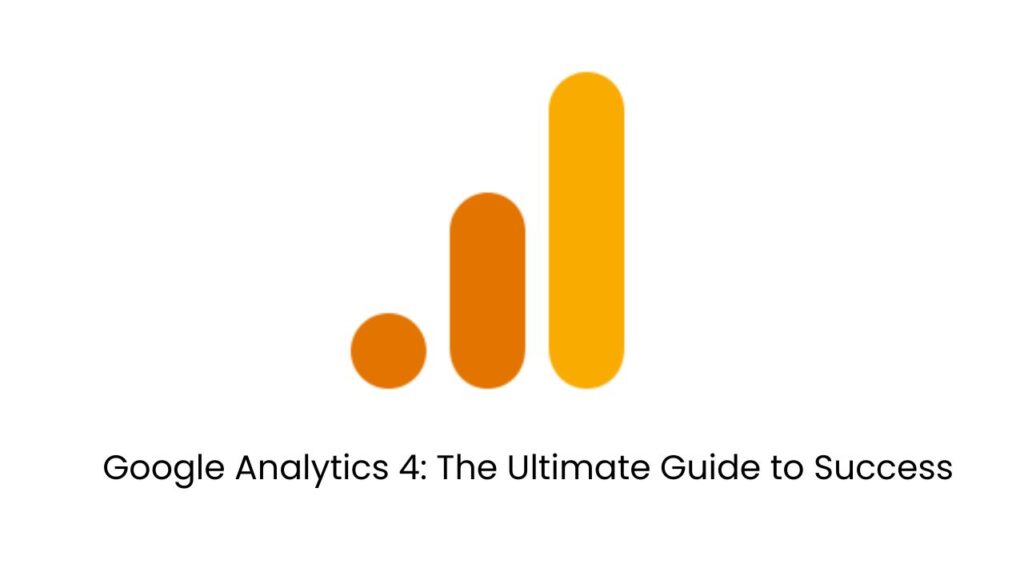
If you’ve ever wondered how websites track their visitors or measure success, the answer is Google Analytics. It’s a powerful (and free!) tool that helps you understand what’s happening on your website. Whether you’re a business owner, blogger, or marketer, Google Analytics can provide valuable insights to improve your online presence. Let’s break it down in simple terms.
What is Google Analytics?
Google Analytics is a tool created by Google to track and analyze website traffic. It shows you who visits your website, where they come from, what they do on your site, and much more. Think of it as a report card for your website’s performance.
Why Should You Use Google Analytics?
- Understand Your Audience: Learn who your visitors are—their age, location, interests, and even the devices they use.
- Track Website Performance: See which pages are popular, how long people stay on your site, and where they leave.
- Measure Campaign Success: Find out if your marketing efforts (like social media or ads) are driving traffic and conversions.
- Make Better Decisions: Use data to improve your website and grow your business.
Key Features of Google Analytics
- Real-Time Data: See what’s happening on your website right now.
- Audience Reports: Learn about your visitors’ demographics and behavior.
- Acquisition Reports: Discover how people find your website (e.g., through Google search, social media, or ads).
- Behavior Reports: Understand what visitors do on your site—which pages they view and how they navigate.
- Conversion Tracking: Measure goals like purchases, sign-ups, or downloads.
How to Get Started with Google Analytics
- Create an Account: Go to Google Analytics and sign up using your Google account.
- Set Up a Property: Add your website as a “property” to start tracking.
- Add Tracking Code: Google will give you a small piece of code to add to your website. This code collects data and sends it to your Analytics account.
- Explore the Dashboard: Once set up, you’ll see your dashboard with reports and metrics.
Tips for Beginners
- Start with the basics: Focus on metrics like sessions, users, and pageviews.
- Set goals: Define what success looks like for your website (e.g., sales, sign-ups).
- Use reports: Check the Audience, Acquisition, and Behavior tabs regularly.
- Be patient: It takes time to understand the data, so don’t get overwhelmed.
Conclusion
Google Analytics is a must-have tool for anyone with a website. It helps you understand your audience, track performance, and make smarter decisions. While it might seem complex at first, start small, explore the features, and soon you’ll be using data to grow your online presence like a pro!



